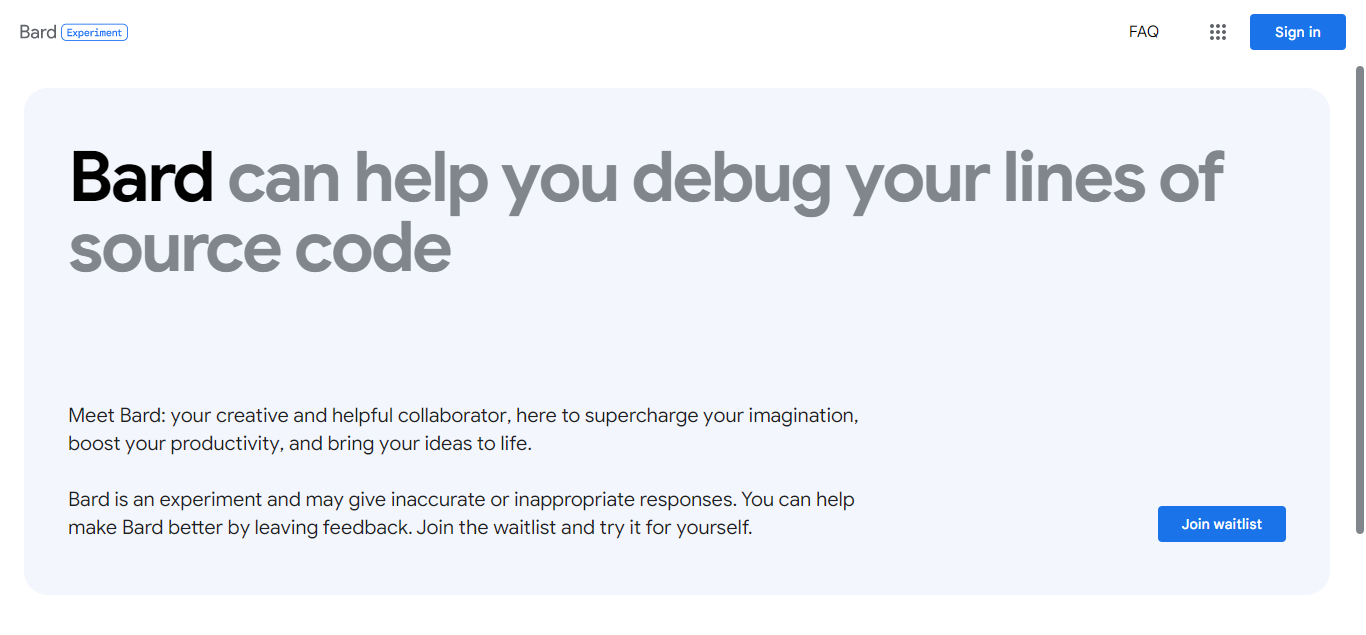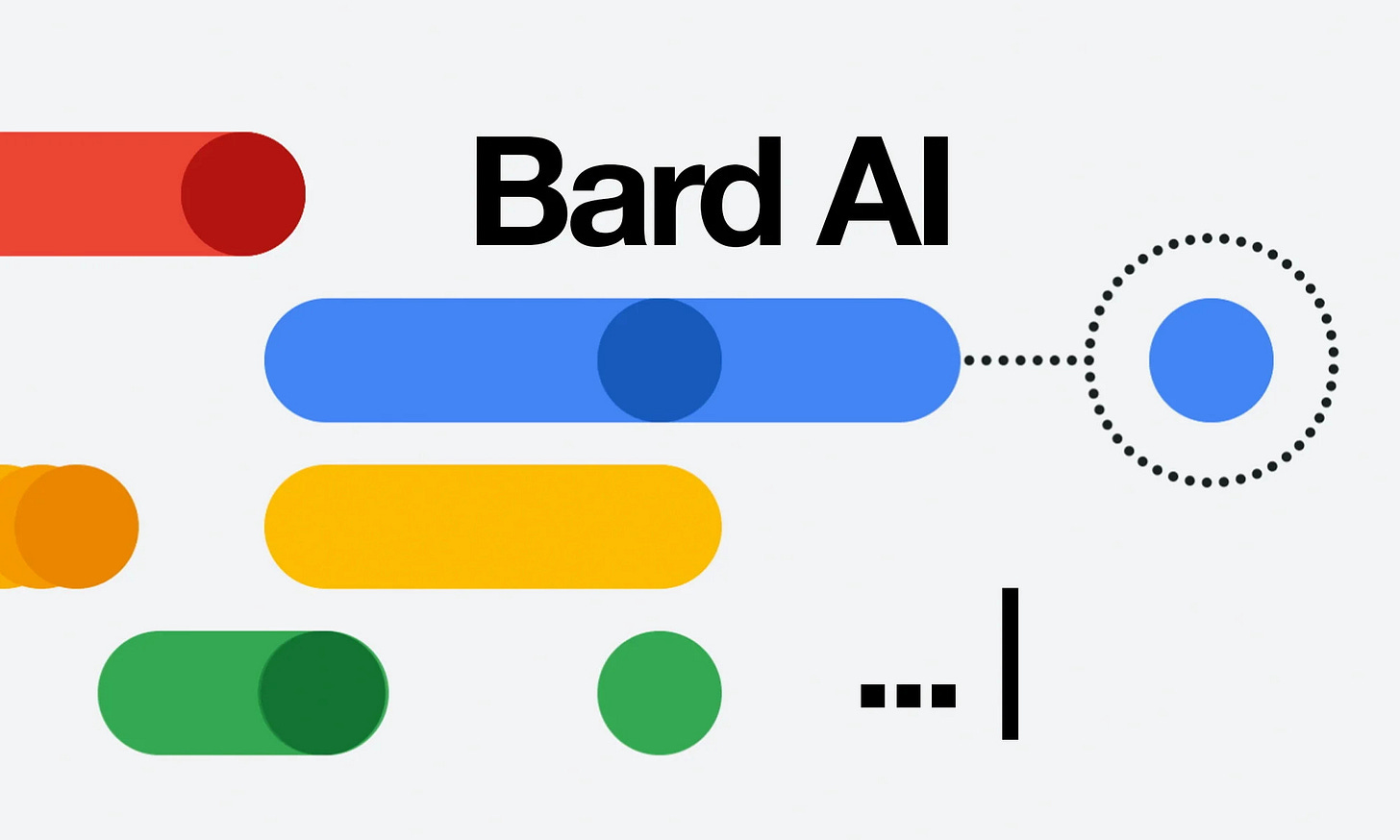Google Announces Major Update to AI Coding Assistant, Bard
Can now code in 20 programming languages
Google announced that it will significantly upgrade its AI chatbot, Bard, to help developers write and improve computer code. The move is aimed at keeping up with rapid progress in AI technology as tech companies race to provide more advanced AI tools for users.
Last month, Google released Bard to the public in an attempt to match Microsoft, which had already released its own AI chatbot. In response to the success of Microsoft's ChatGPT, an AI assistant developed by Microsoft-backed OpenAI and launched last year, Google decided to unveil its own AI chatbot.
Google describes Bard as an "experiment" in collaborating with AI technology that relies on previous data to generate new content. With the update, Bard will be able to code in 20 programming languages, including Java, C++, and Python. It will also help debug code and explain programming to users. Bard can even optimize code and improve efficiency using simple prompts like "Could you make that code faster?"
Currently, only a limited number of users can communicate with Bard and ask for help rather than using Google's standard search feature. With the upgrade, Bard is expected to become available to more users.
The update allows Bard to fully generate simple programs from scratch using natural language prompts. For example, users can say, "Bard, please write a basic Python program that prints 'Hello World!'" and Bard will provide the full code. Bard can also complete partially written code snippets and fix syntax errors.
While still limited, Bard demonstrates the potential for AI to fundamentally change how software is built. With further progress, AI coding assistants could significantly reduce the time and resources required for developing software and enable new levels of productivity for programmers. However, concerns remain about how to ensure AI systems code safely and ethically as the technology continues to advance.



